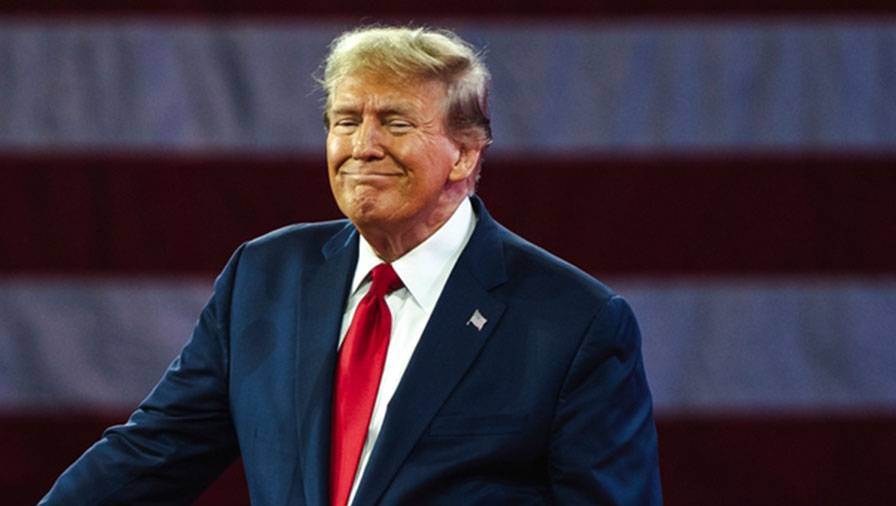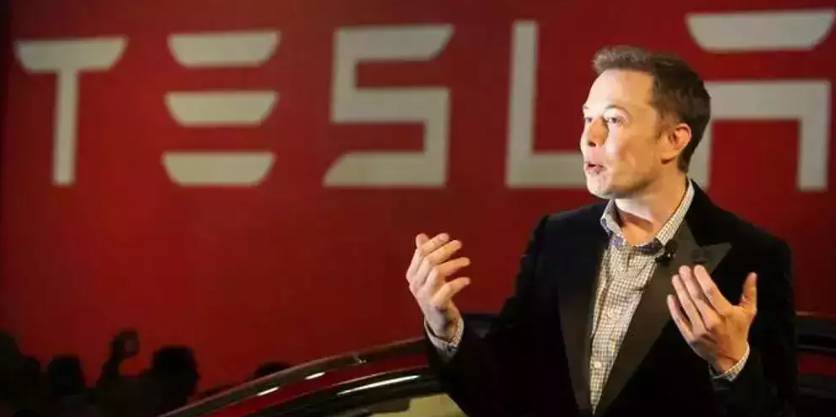Iran sends ‘very bad’ signals, Trump says; Russia sanctions loom
And Tesla inks US $16.5b chip deal with Samsung Electronics.
Russian President Vladimir Putin.
And Tesla inks US $16.5b chip deal with Samsung Electronics.
Russian President Vladimir Putin.
Good morning and welcome to your Tuesday overview of global business and political news.
First up, US President Donald Trump cautioned that Iran was sending “very bad” signals, weeks after the US launched strikes on three nuclear facilities, Al Jazeera reported.
Iran promised to continue to pursue nuclear enrichment for civilian purposes. Trump said that Iran was “sending very bad signals, very nasty signals”.
“And they shouldn’t be doing that,” he said. “We wiped out their nuclear possibilities. They can start again. If they do, we’ll wipe it out faster than you can wave your finger at it.”
Iranian Foreign Minister Abbas Araghchi recently asserted Iran’s right to enrich uranium ahead of talks with the UK, France and Germany last week. Officials described the talks as “serious, frank and detailed”, but no breakthroughs were announced, Al Jazeera said.
Trump also warned Russia only had "10 to 12 days" to agree to a ceasefire with Ukraine before he expands sanctions, the ABC reported.
Trump told reporters he was "disappointed" with his Russian counterpart Vladimir Putin.
"I'm going to reduce that 50 days that I gave him to a lesser number because I think I already know the answer what's going to happen," he said.

US President Donald Trump.
Some European nations criticised the trade deal struck between the EU and US, as reported yesterday. The European Union had faced a 30% tariff from August, but that had dropped to 15% across the board.
Industry officials in Germany warned that the deal exposed the automotive industry and could make companies in Europe less competitive, Bloomberg reported.
“The agreement is an inadequate compromise and sends a disastrous signal to the closely intertwined economies on both sides of the Atlantic,” said Wolfgang Niedermark, a member of the executive board of Germany’s BDI industry federation.
“The EU is accepting painful tariffs. Even a 15% tariff will have immense negative consequences for Germany’s export-oriented industry,” he said.
In the Middle East, a second 10-hour pause in military activity in parts of Gaza was underway, but the United Nations said aid deliveries were only a "drop in the ocean", the BBC reported.
The first pause on Sunday local time did not guarantee safety on the ground. Israeli Prime Minister Benjamin Netanyahu also downplayed the significance of his change in aid policy.
Middle East correspondent Yolande Knell said some Israeli media presented it as a "humiliating about-turn".
Cambodia and Thailand agreed to an immediate and unconditional ceasefire after days of clashes across the two countries’ disputed border, CNN reported.
Malaysian Prime Minister Anwar Ibrahim mediated talks between Cambodian Prime Minister Hun Manet and acting Thai Prime Minister Phumtham Wechayachai in Kuala Lumpur.
Both sides accused each other of starting the latest border fighting, which killed at least 38 people and injured more than 200.

Elon Musk.
Tesla chief executive Elon Musk said his company had inked a US$16.5 billion deal to source chips from Samsung Electronics, CNN reported.
Musk said Samsung’s new chip factory in Texas would manufacture Tesla’s next-generation AI6 chip.
“Samsung agreed to allow Tesla to assist in maximising manufacturing efficiency. This is a critical point, as I will walk the line personally to accelerate the pace of progress,” Musk said.
Finally, Huawei reclaimed the top spot in China’s smartphone market in the June quarter, while rival Apple also returned to growth, according to data from technology market analyst firm Canalys.
CNBC reported that Huawei shipped 12.2 million smartphones to retailers in China over the three months, up 15% on the same period last year, giving the firm 18% market share.
Apple shipped 10.1 million smartphones to retailers, up 4% on last year. Shipments gauge consumer demand and give an indication of the health of the economy, CNBC noted.
Sign up to get the latest stories and insights delivered to your inbox – free, every day.